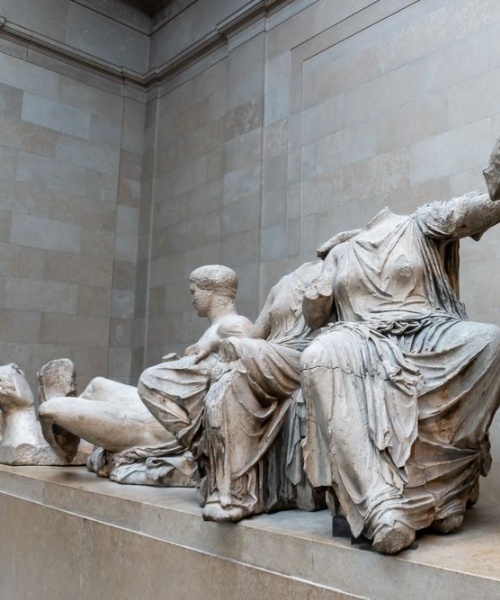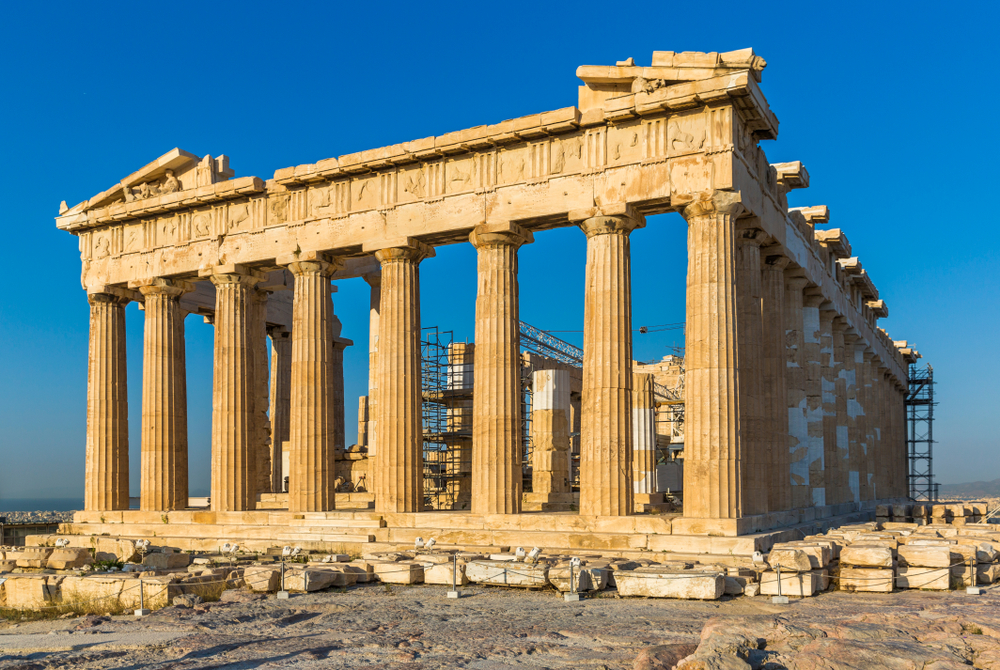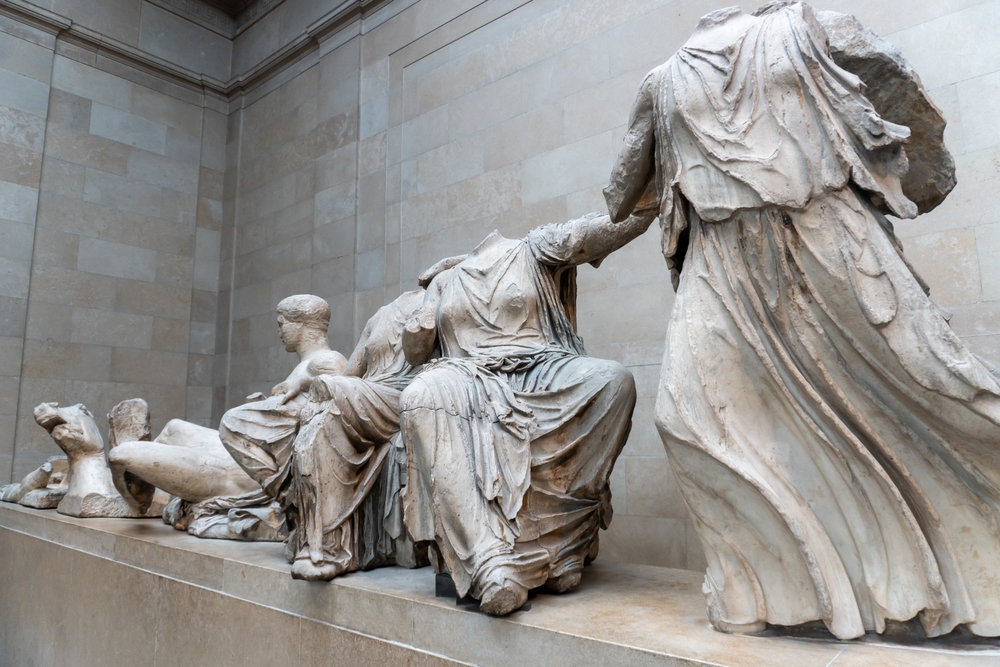Greeks bearing gifts?

Some of you may have heard the recent news about the debate over the Elgin Marbles - a set of ancient Greek marble sculptures that currently reside in the British Museum in London. These sculptures were originally part of the Parthenon temple in Athens, and were removed over 200 years ago in the early 1800s by a British nobleman named Lord Elgin.

Lord Elgin had obtained permission to remove the sculptures from Greece, which was under Ottoman Turkish rule at the time. He claimed he was preserving valuable antiquities. However, there has been a long dispute about whether he had the proper authority and whether this was ethical. Ever since they were removed, Greece has wanted these sculptures back. They argue that they are an integral part of Greek heritage and identity and were wrongfully taken without full permission and that the marbles belong in Athens, where they can be understood in their original cultural context alongside the rest of the Parthenon sculptures, rather than being in a foreign museum.
A state-of-the-art museum at the Acropolis was opened in 2009, to display and properly care for the antiquities. I was fortunate to visit this beautiful, impressive museum during half-term and, while I’m no expert, I have to say it does seem a more than adequate facility for their preservation and display.

The British Museum has rejected renewed calls to return the Elgin Marbles to Greece. Their main argument is that the sculptures are an important piece of world cultural heritage where people from all nations can enjoy them. They also argue that Athens is not able adequately to conserve them from pollution and that they were obtained legally.
The Prime Minister, Rishi Sunak, caused a diplomatic incident last week when he cancelled a meeting with his Greek counterpart, Kyriakos Mitsotakis, reportedly because Mitsotakis publicly repeated his country’s claim to the Elgin Marbles. The British Museum has been negotiating an open-ended loan of the sculptures to Greece on the understanding that the Greeks would not claim ownership.
The monarchy is supposed to maintain a position of complete neutrality on political matters, but it's quite possible that King Charles – whose father was Greek - has subtly entered the debate, when he wore a tie bearing the Greek flag to the recent Cop28 meeting, which implied support for the Greek cause.
As you can see, there are good arguments on both sides of this long-running debate. There are a few messages we can take away:
1) Ancient artefacts hold deep cultural meaning for their places of origin. They connect modern peoples to their ancestral past.
2) When one country occupies another, there is often a power imbalance that calls into question whether permissions given reflect true consent.
3) There needs to be an ethical framework for deciding where antiquities belong - should they stay where they were likely stolen from or remain where they have been preserved for years? This is a complex issue.
I hope that thinking about this debate gives you all perspective on the interesting intersection of ethics, culture, law, and heritage. Let's continue to wrestle with these types of moral dilemmas in a thoughtful way as an opportunity for growth.